**
Take a photographic trip through the series history between the Broncos and the Raiders.
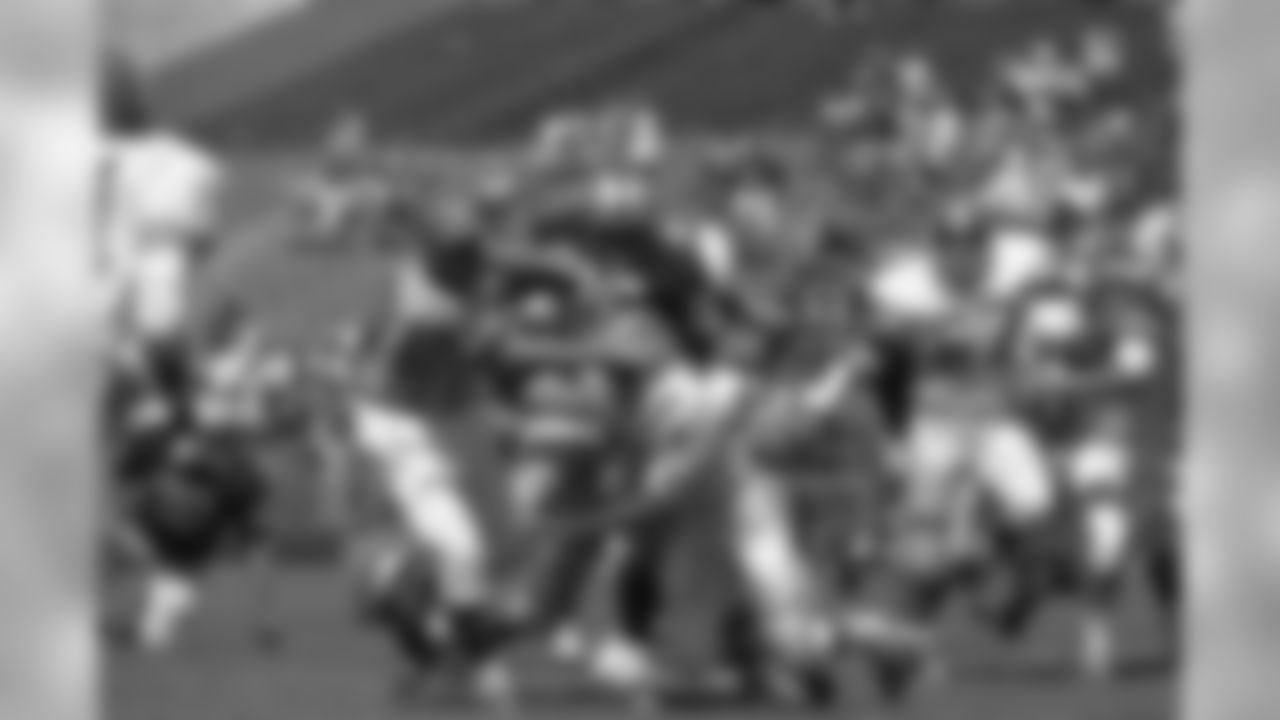

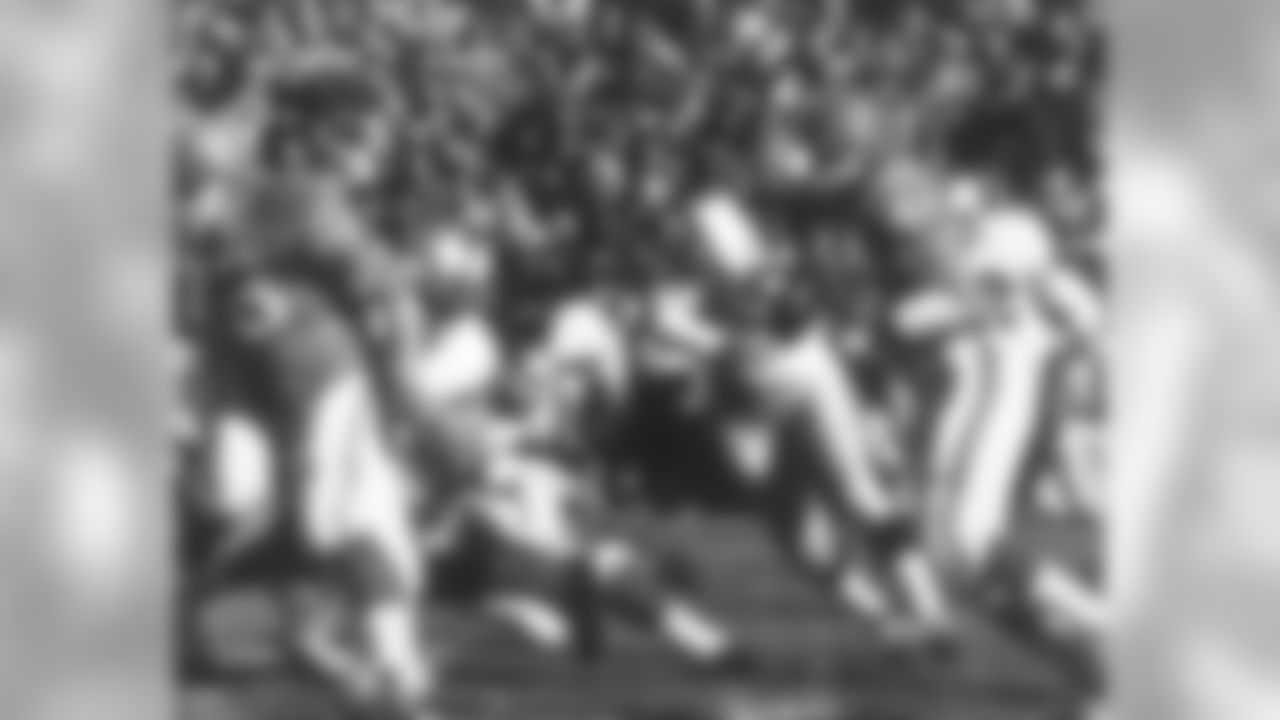
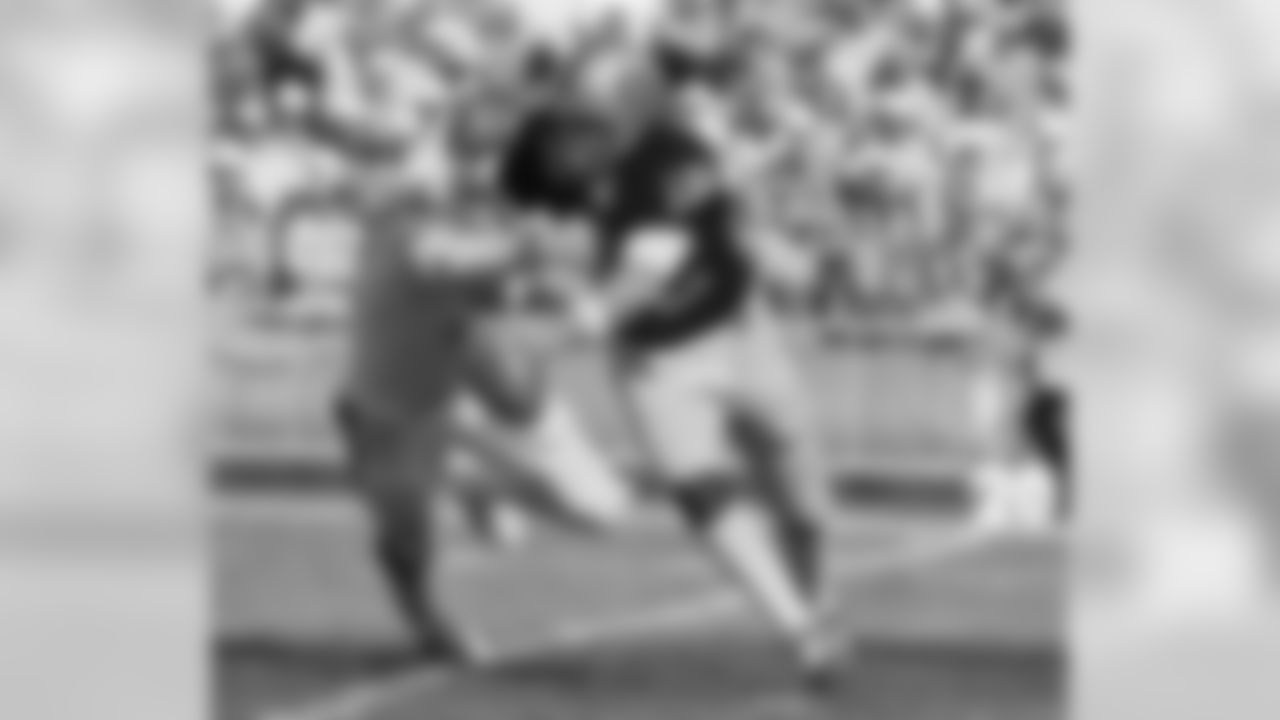

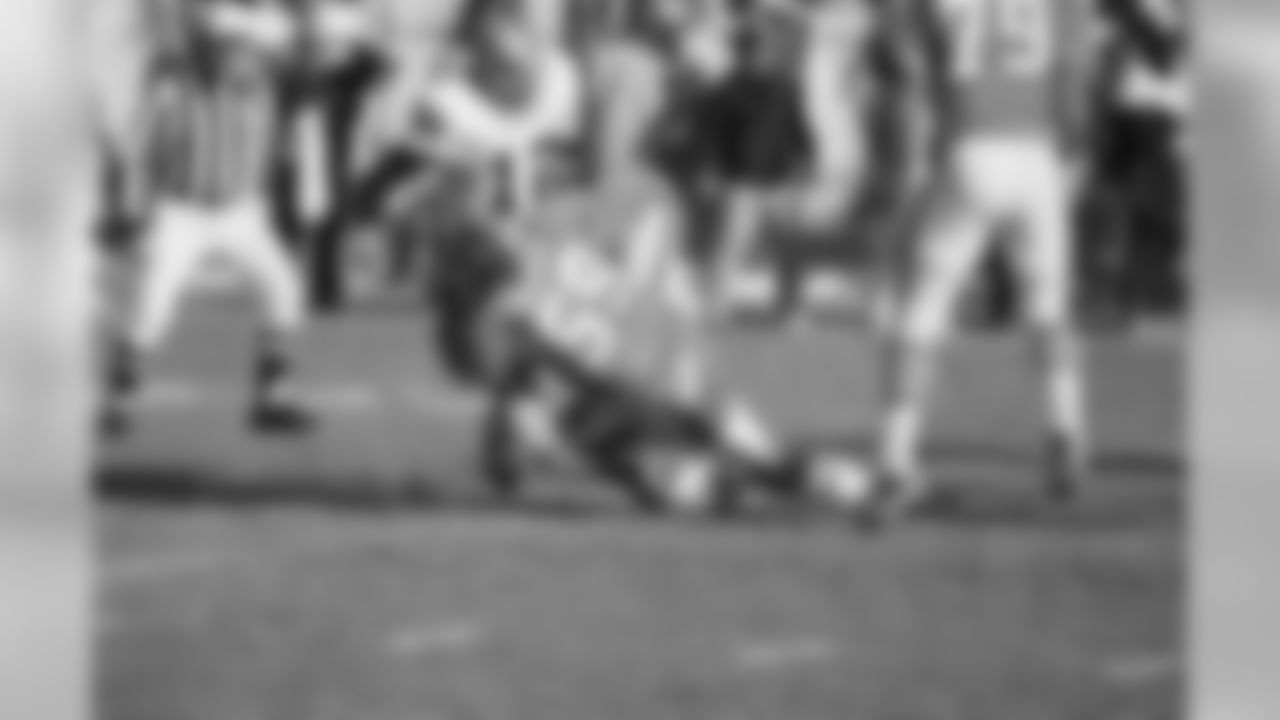
1977 AFC Championship Game
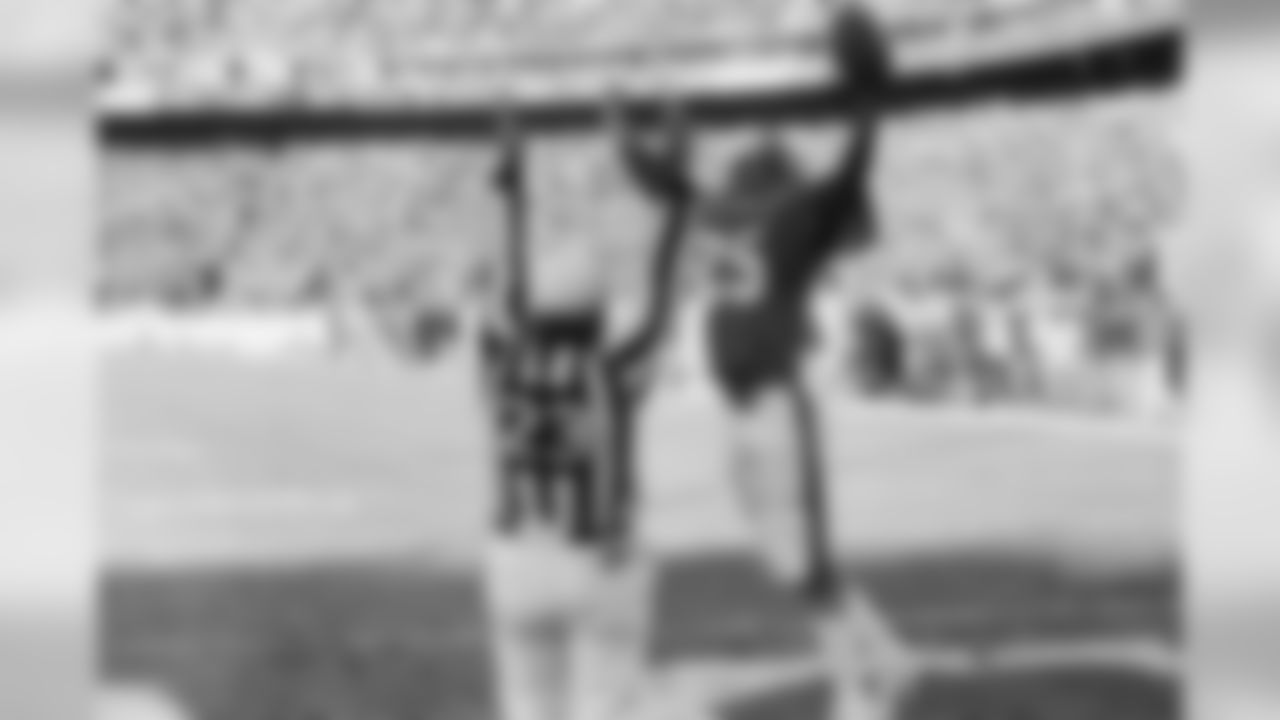
1977 AFC Championship Game
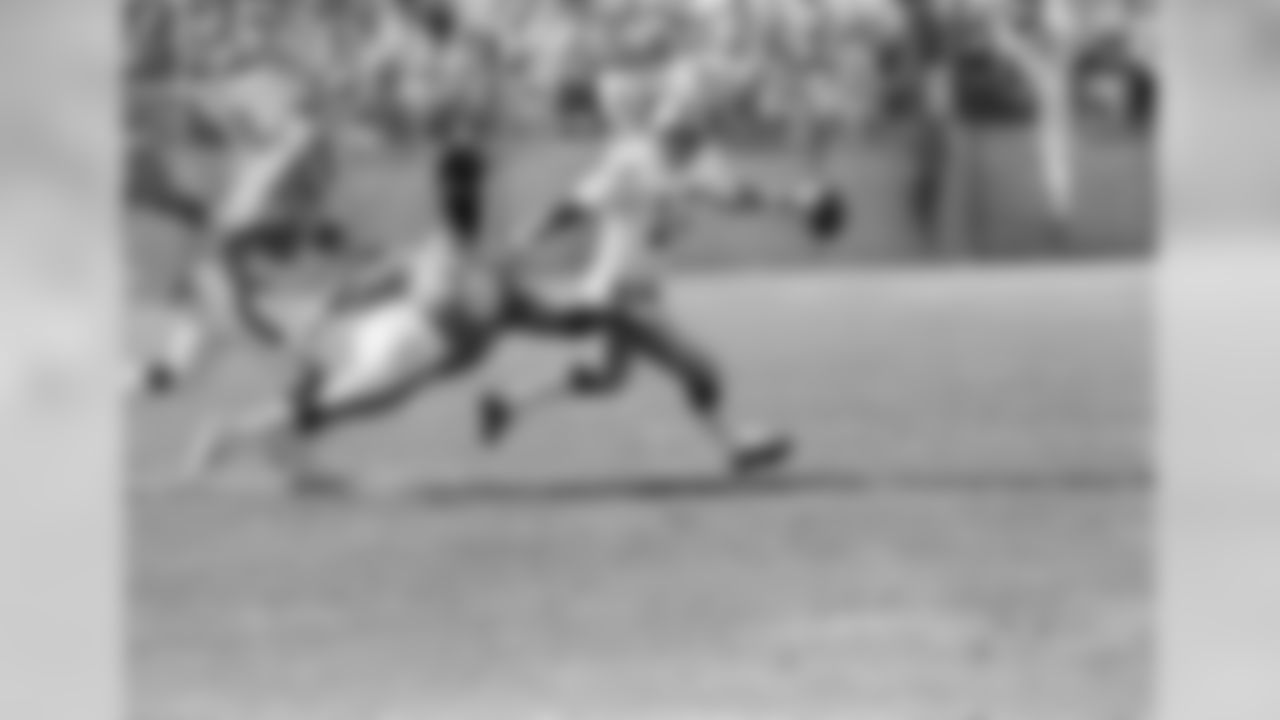
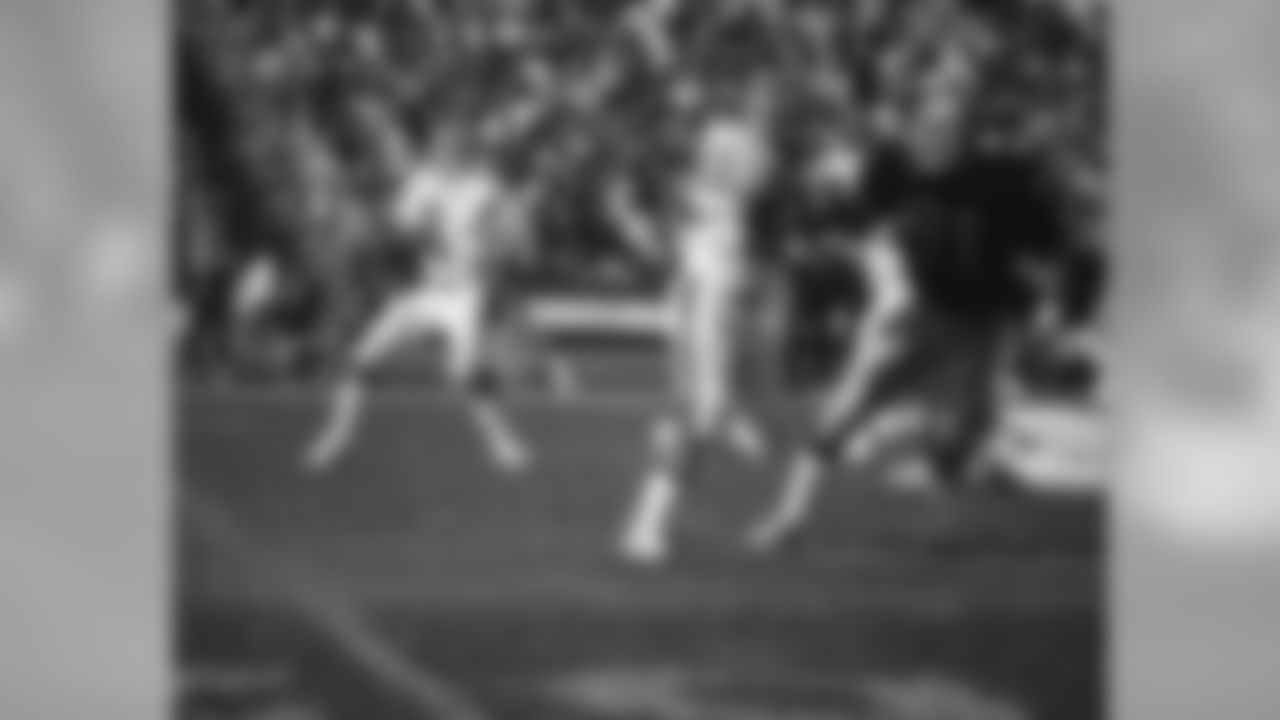
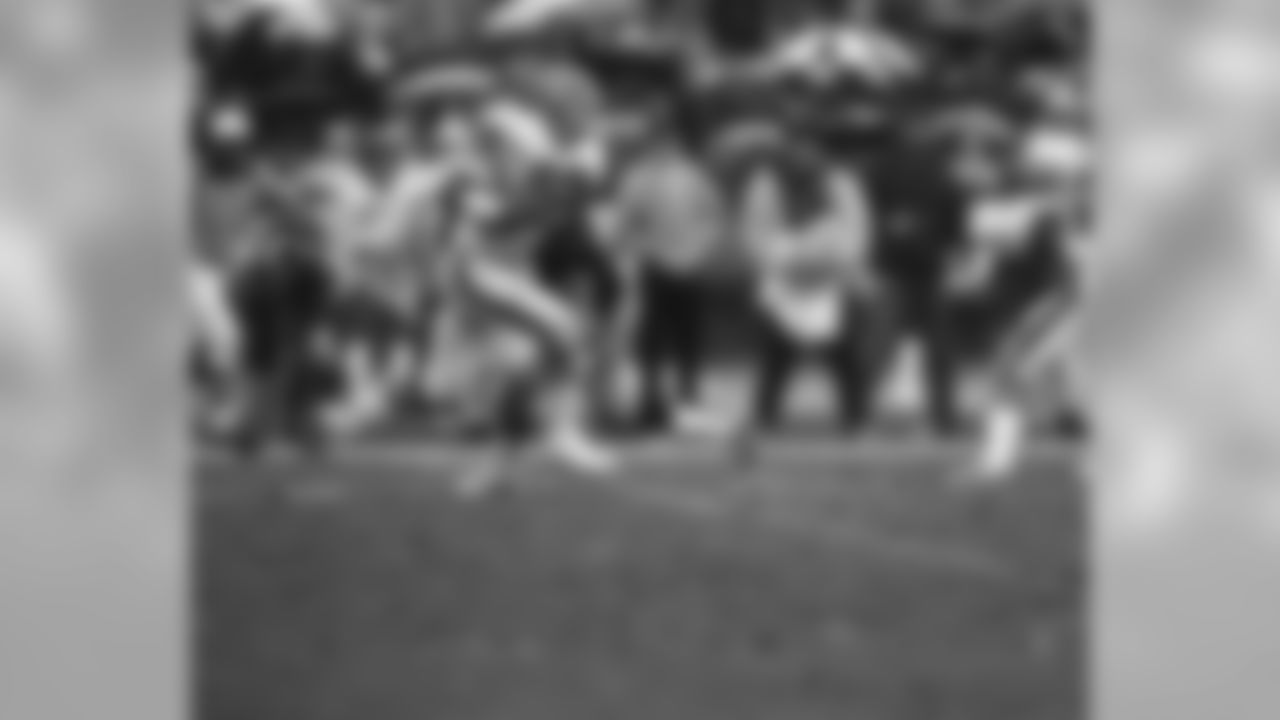
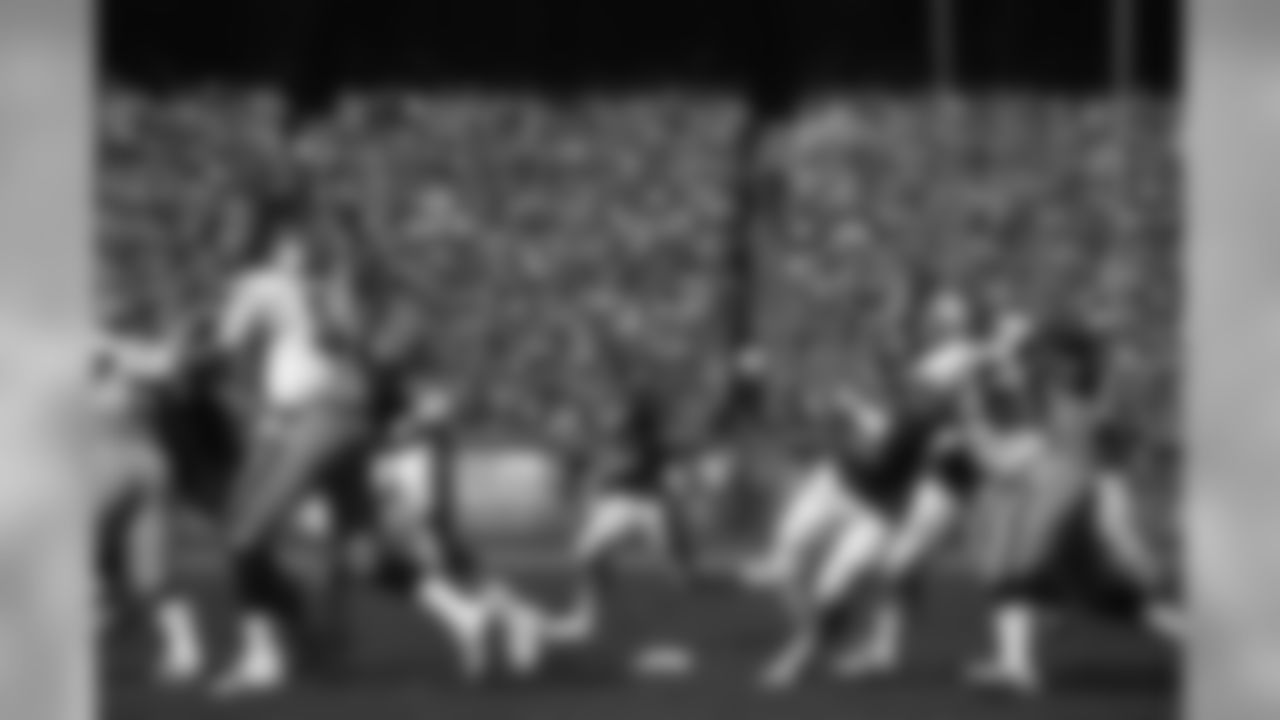
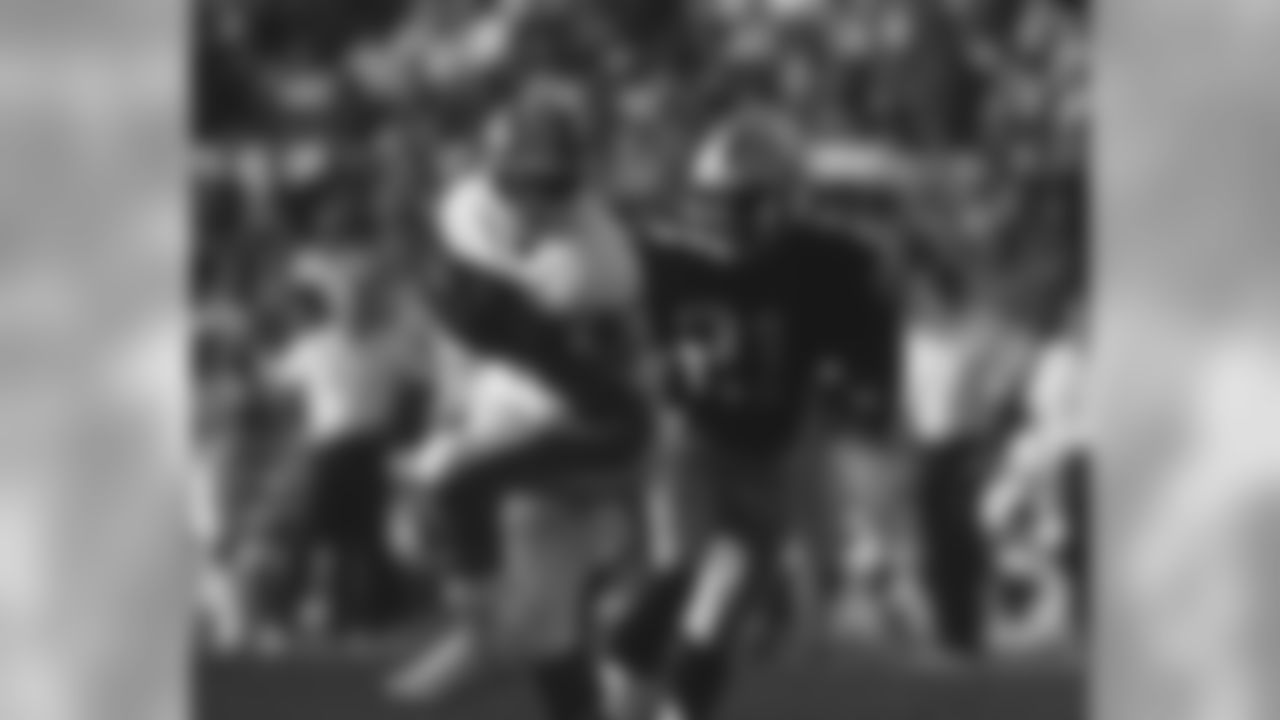
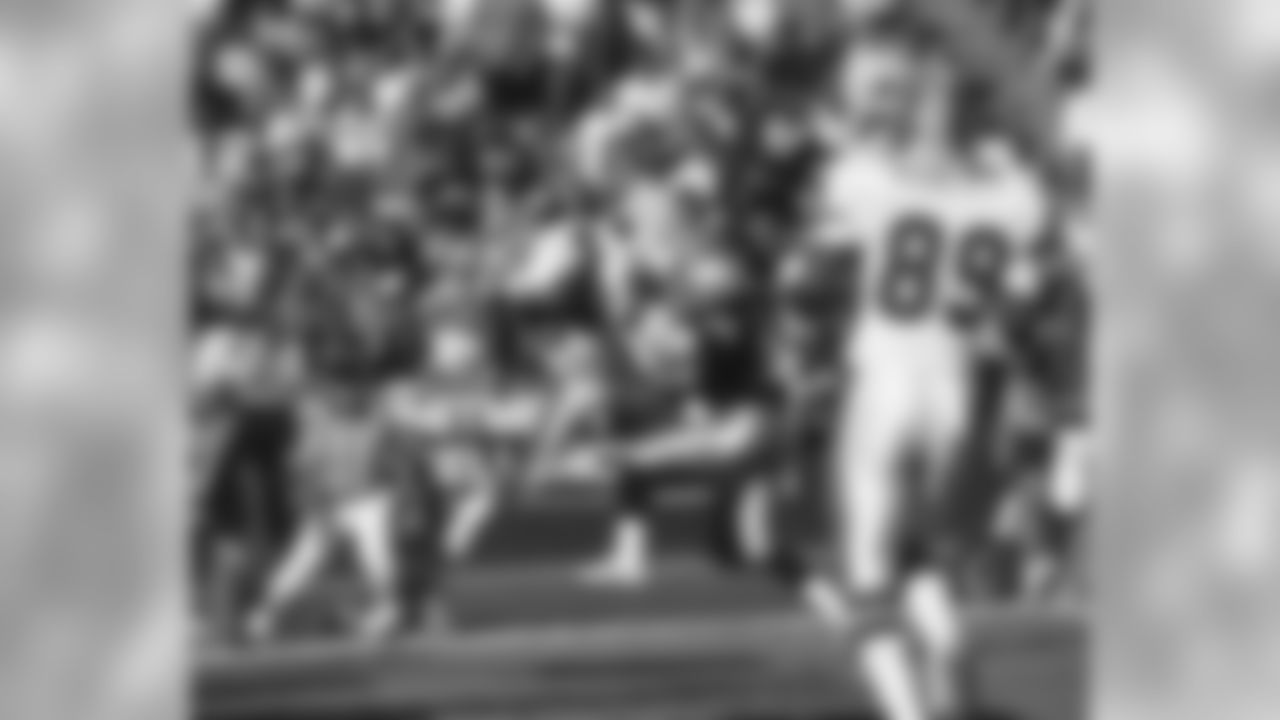
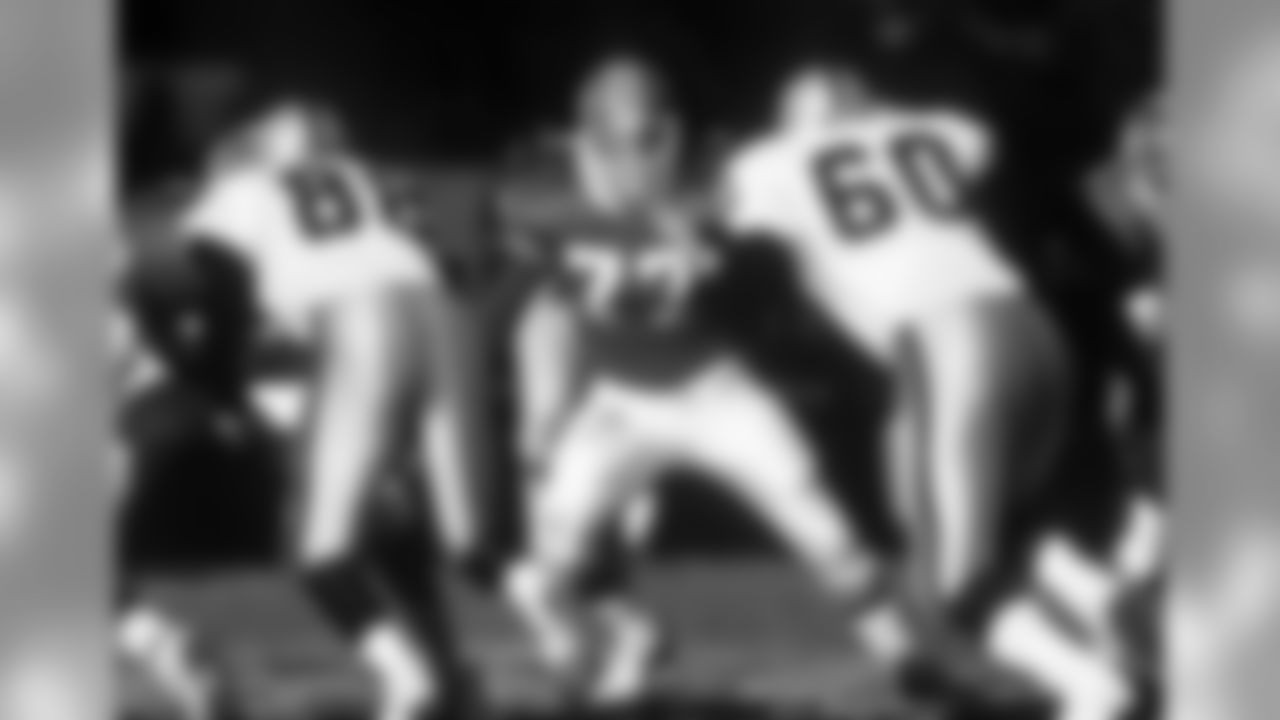
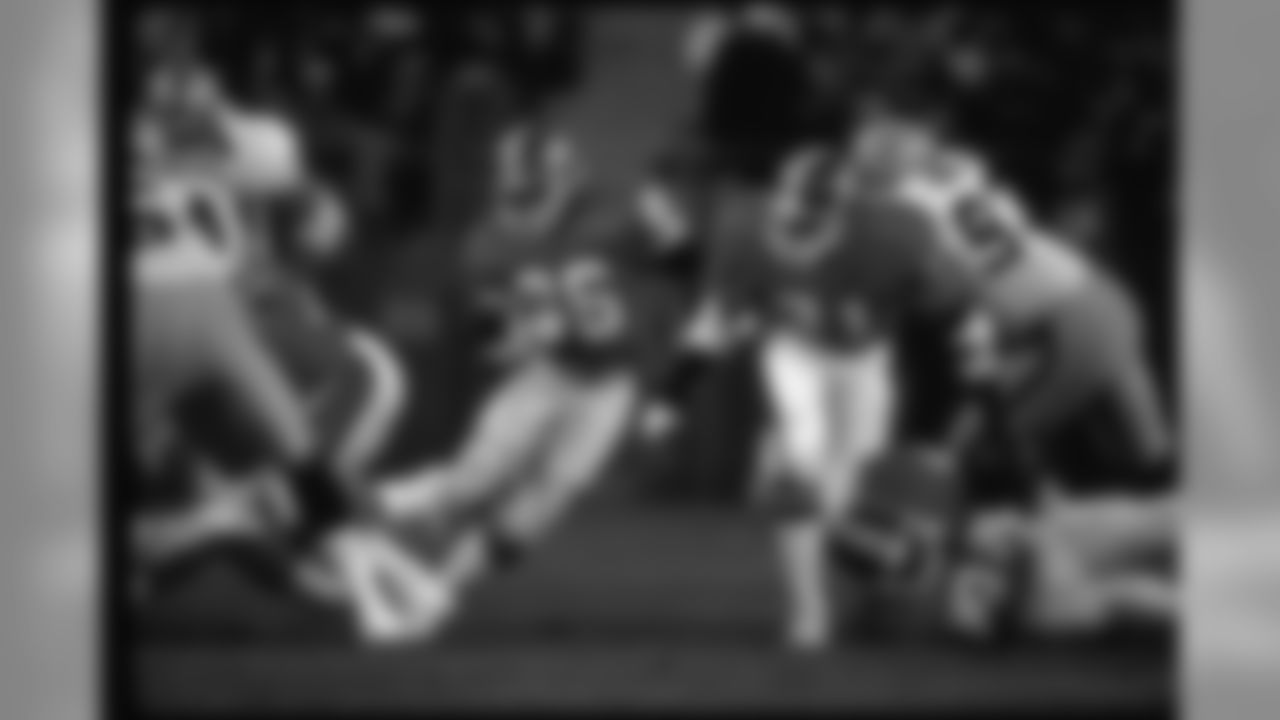

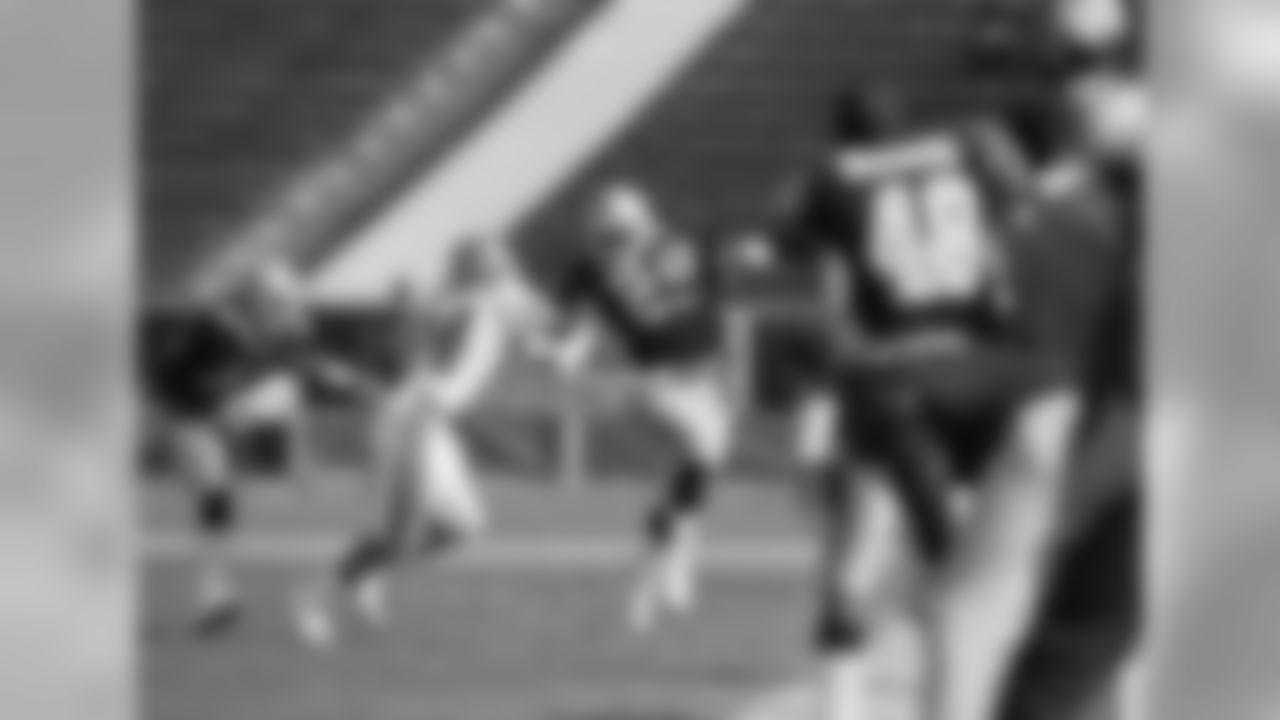
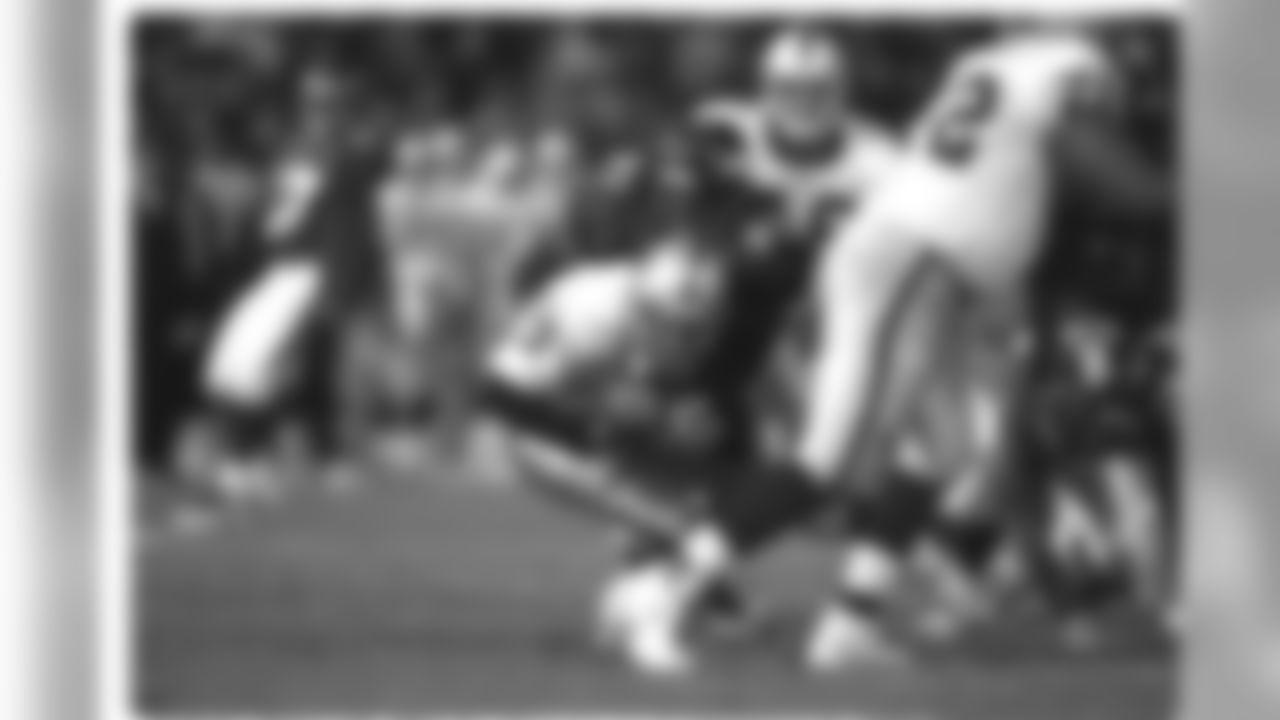

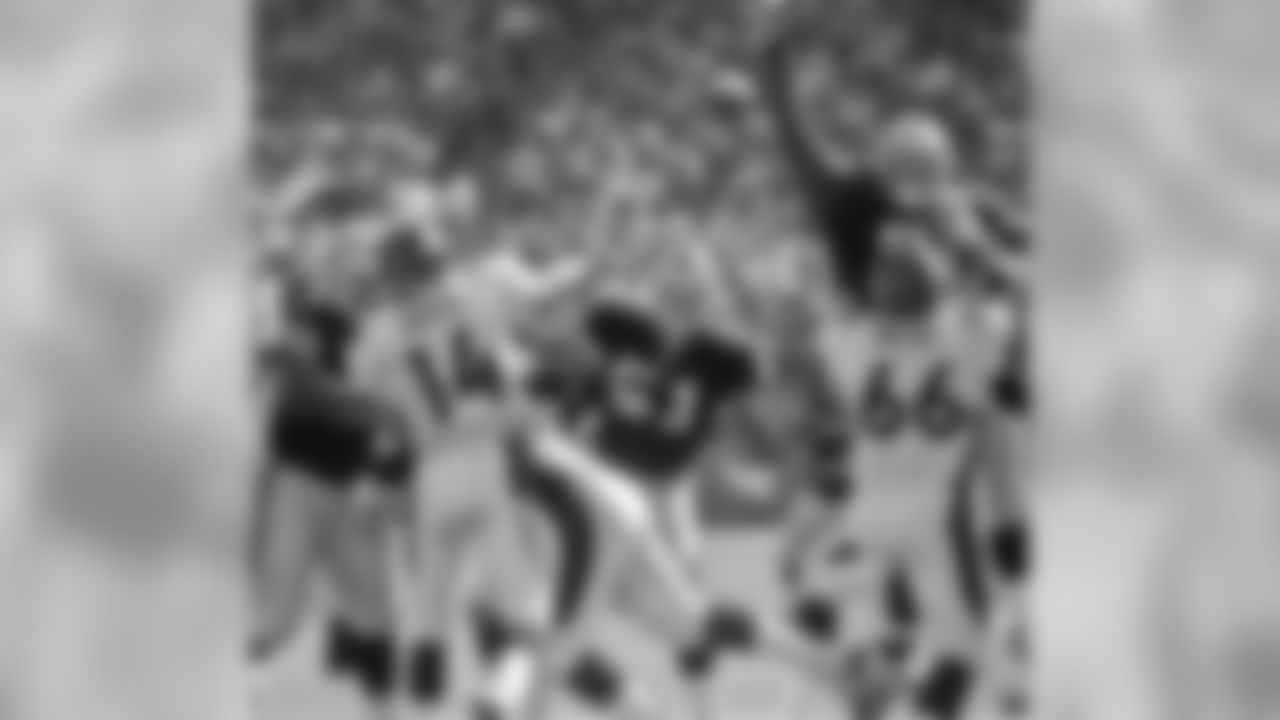

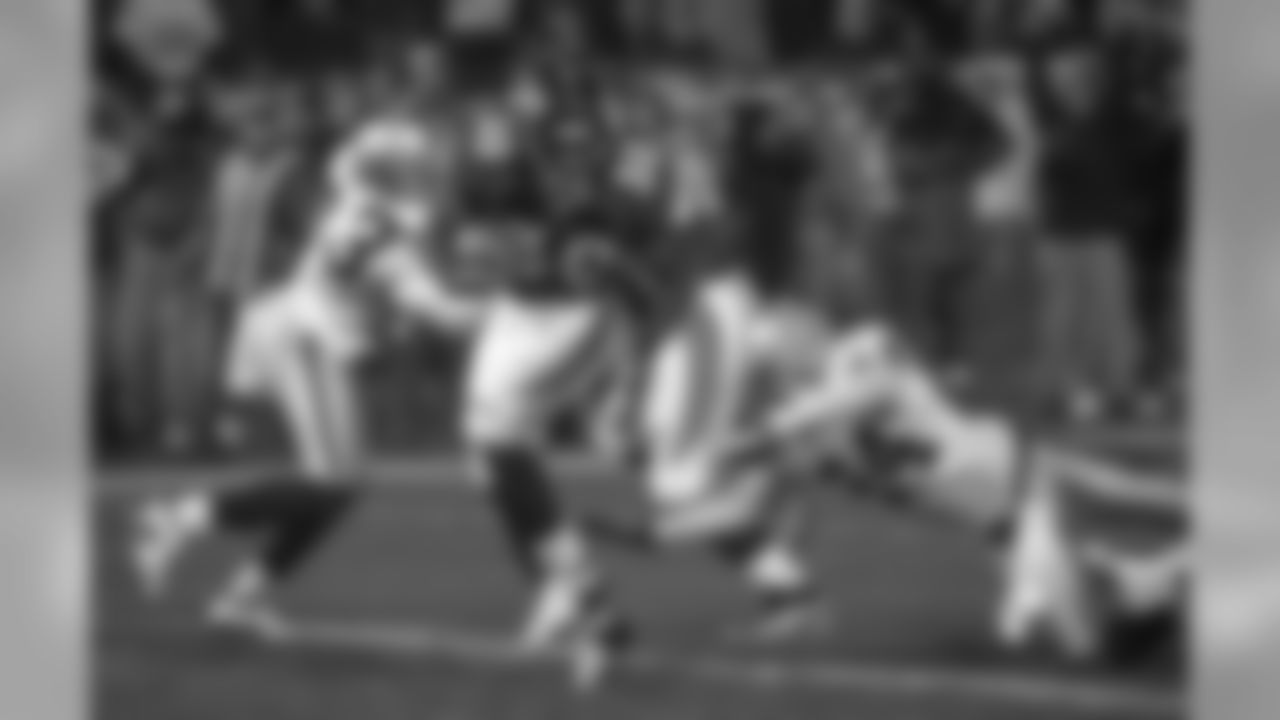
In a thrilling game capped by a game-winning Jason Elam field goal as time expired, Ring of Fame RB Terrell Davis also scored the last touchdown of his career.
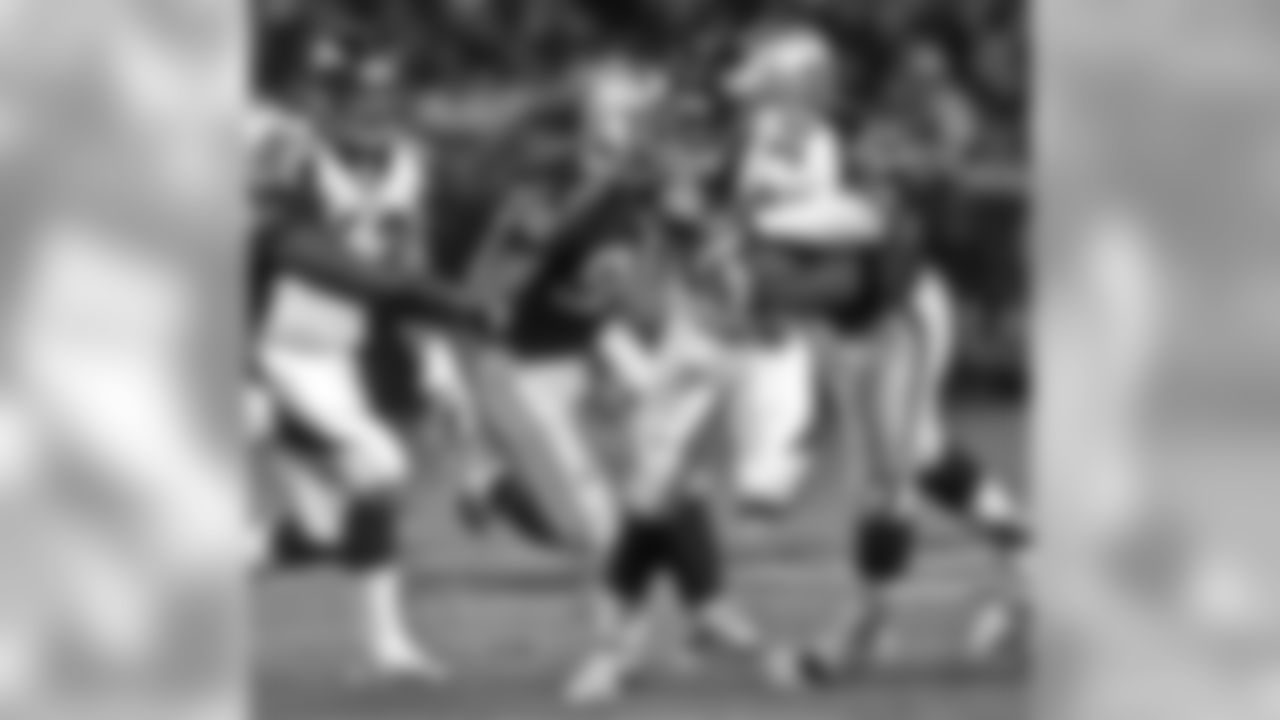
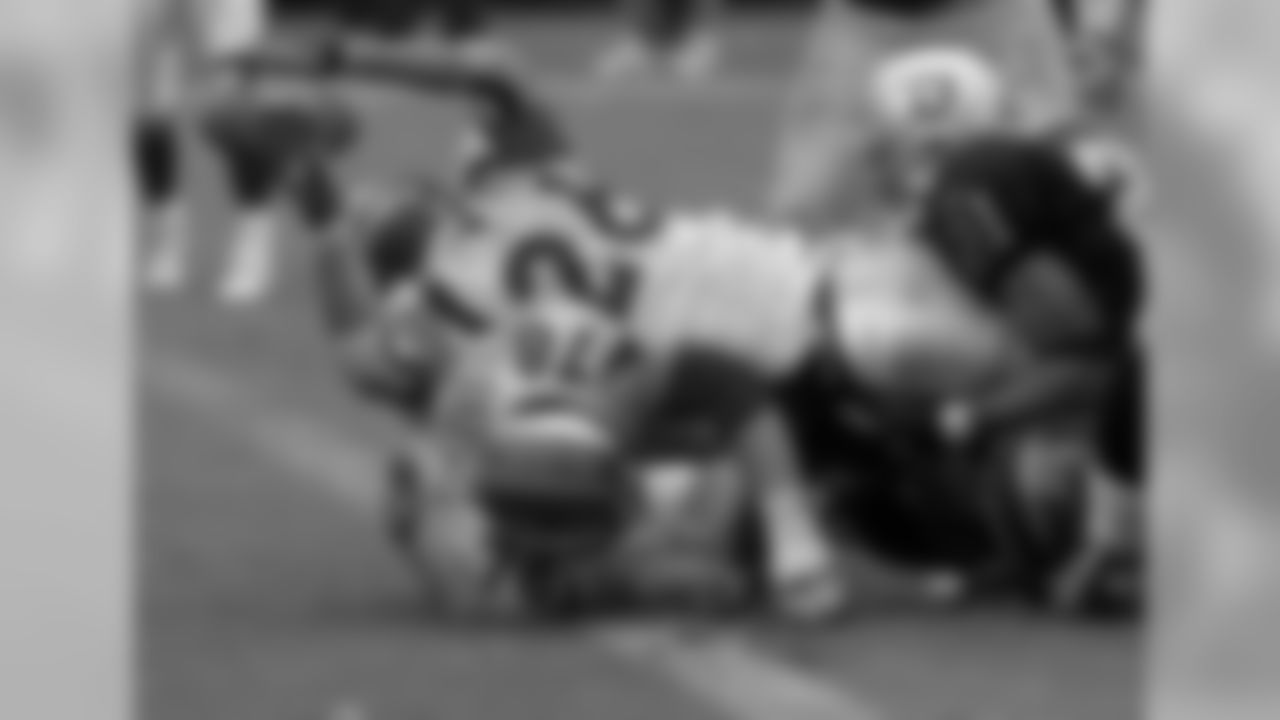

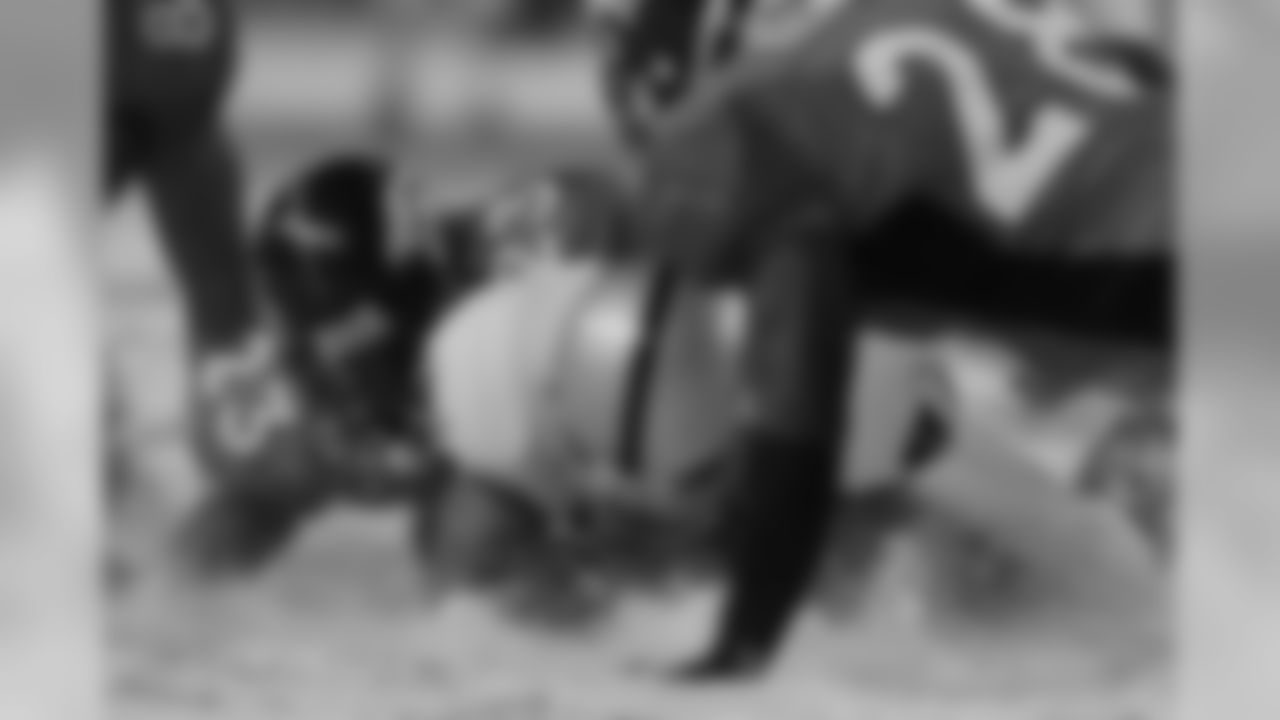
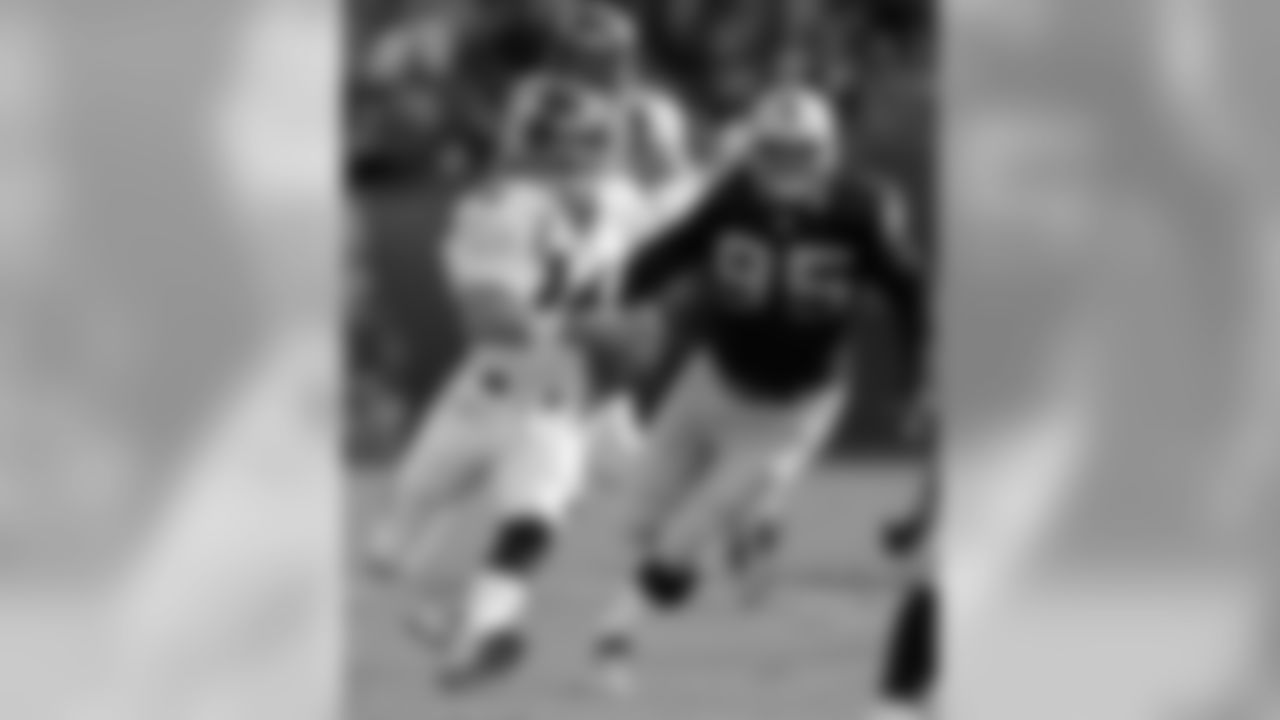


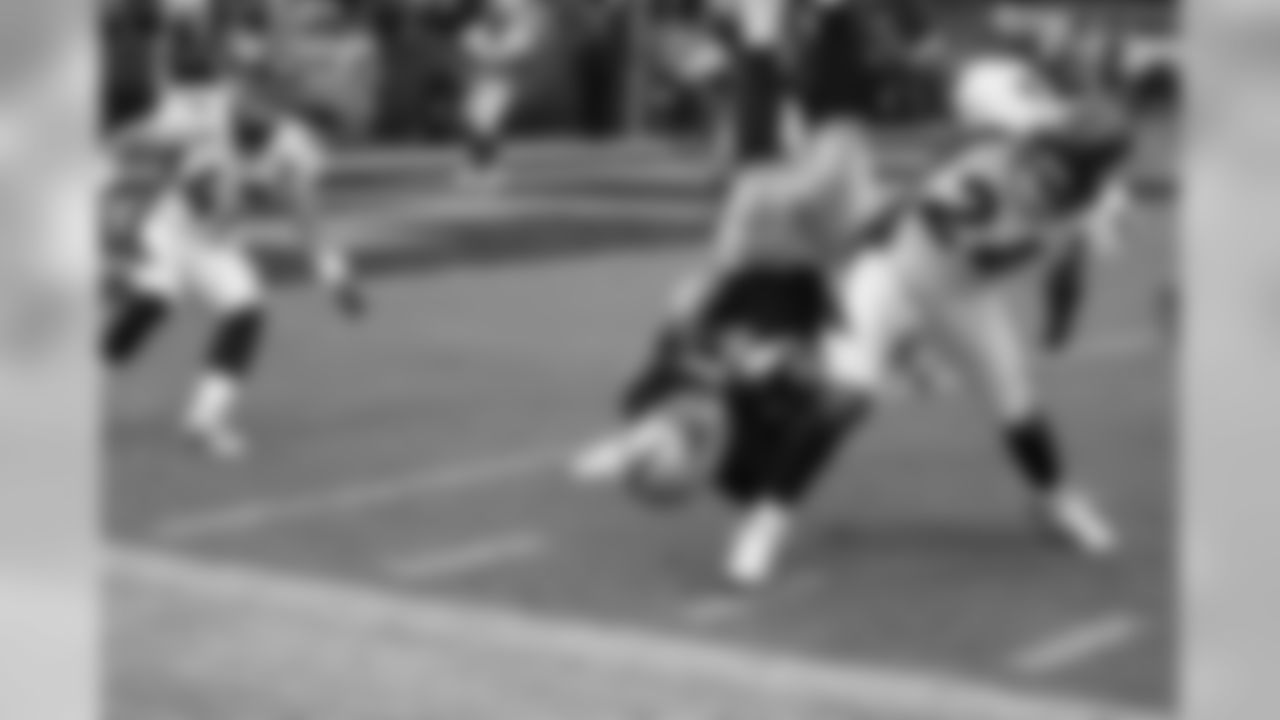




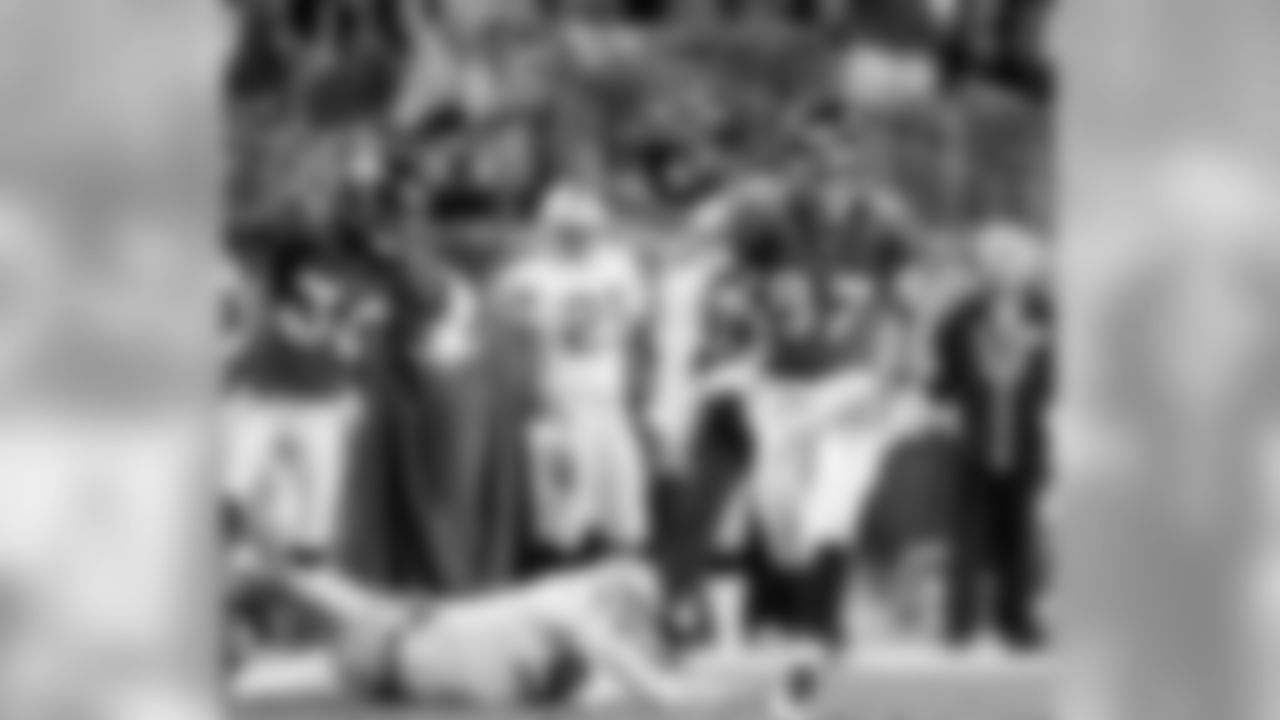
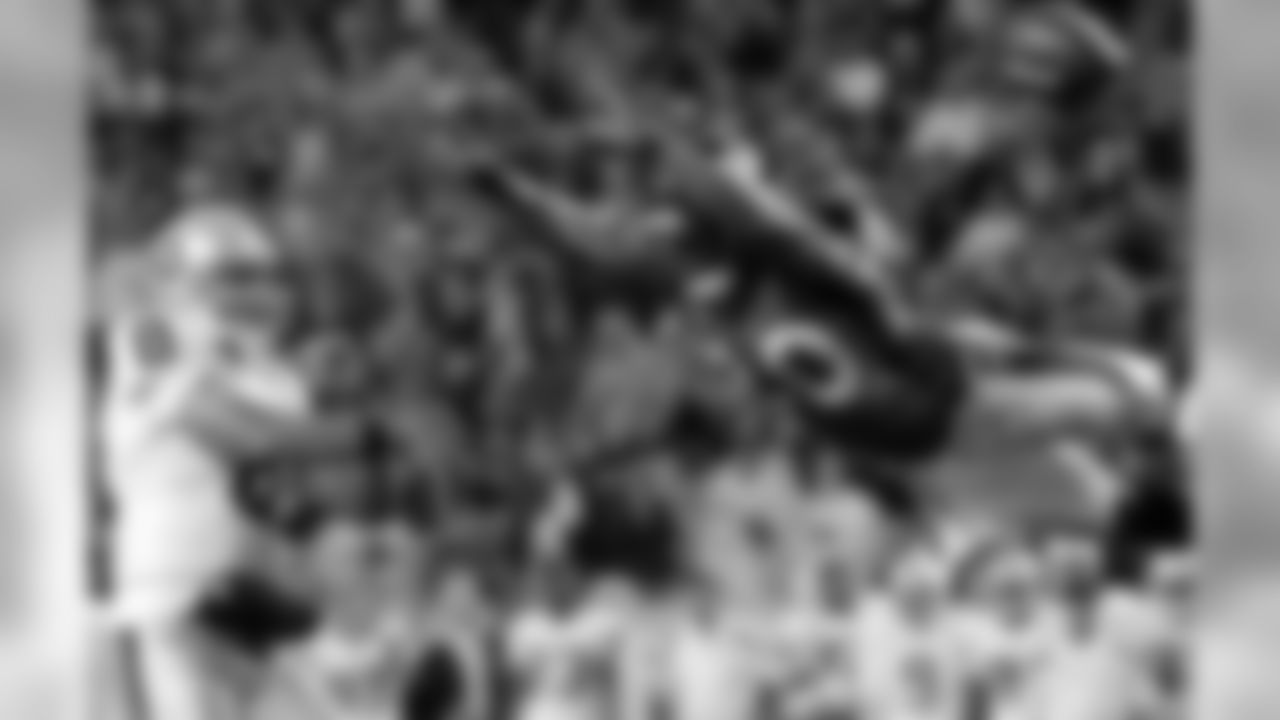

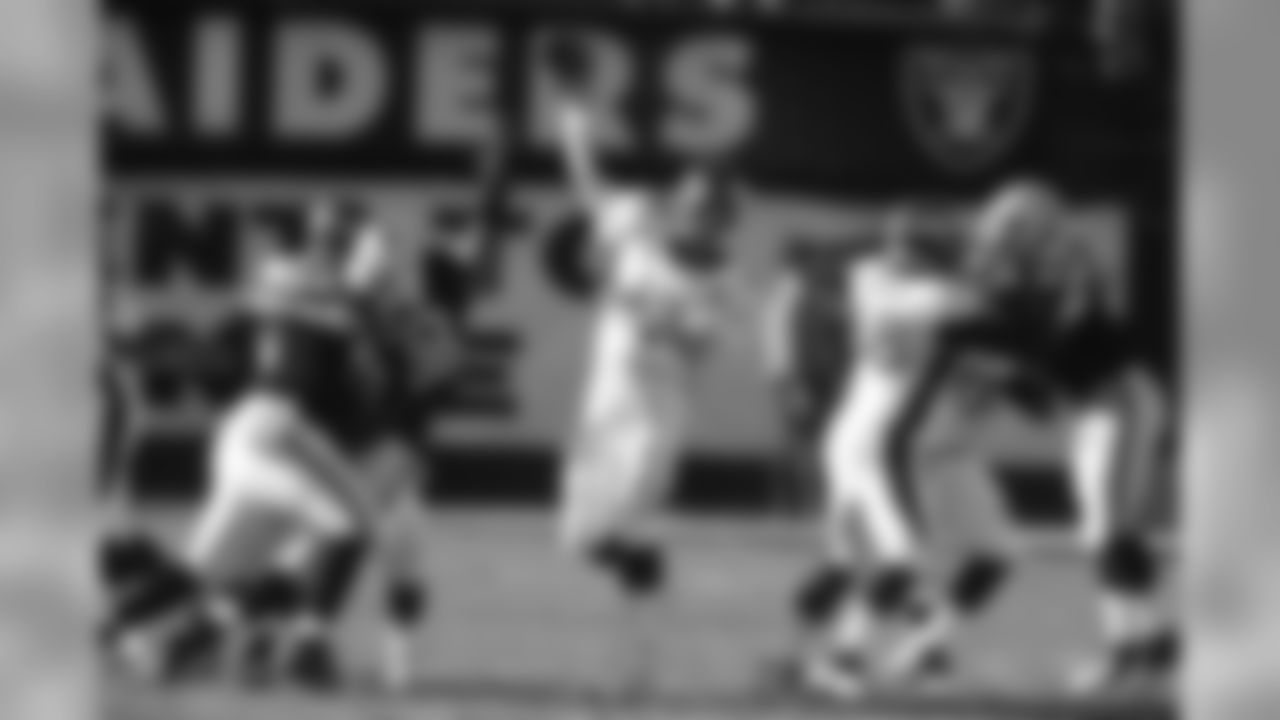
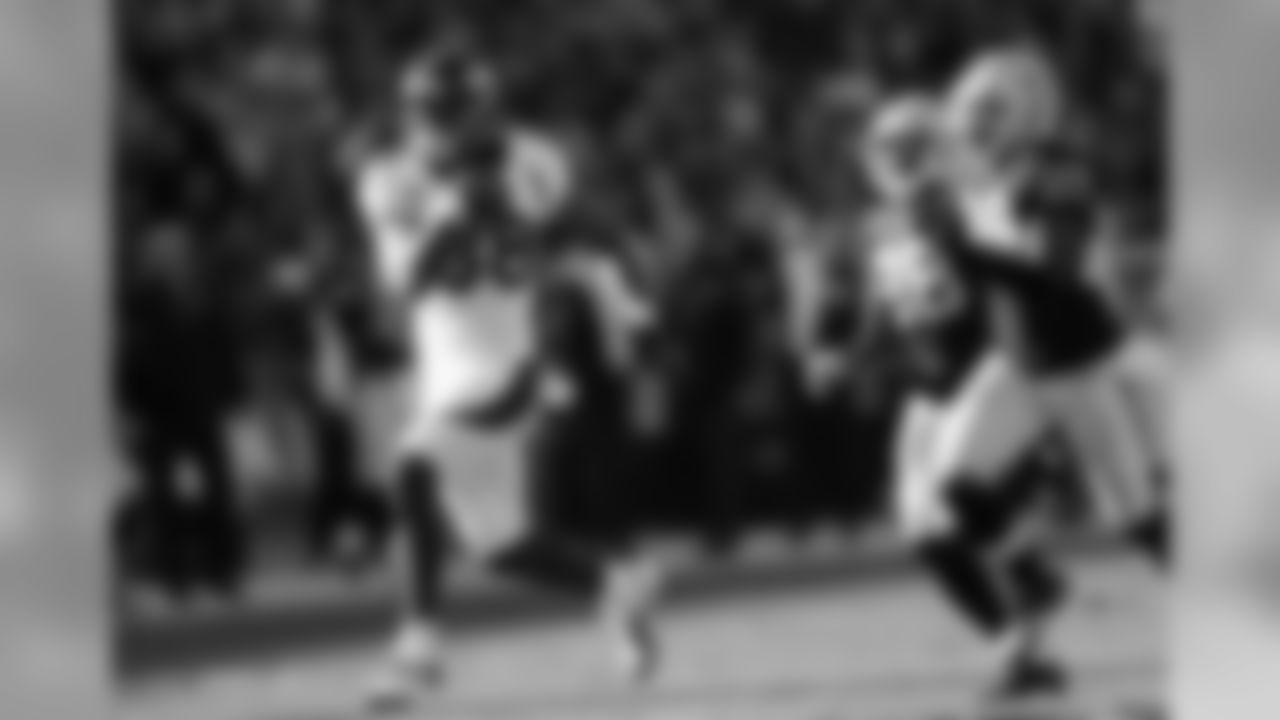


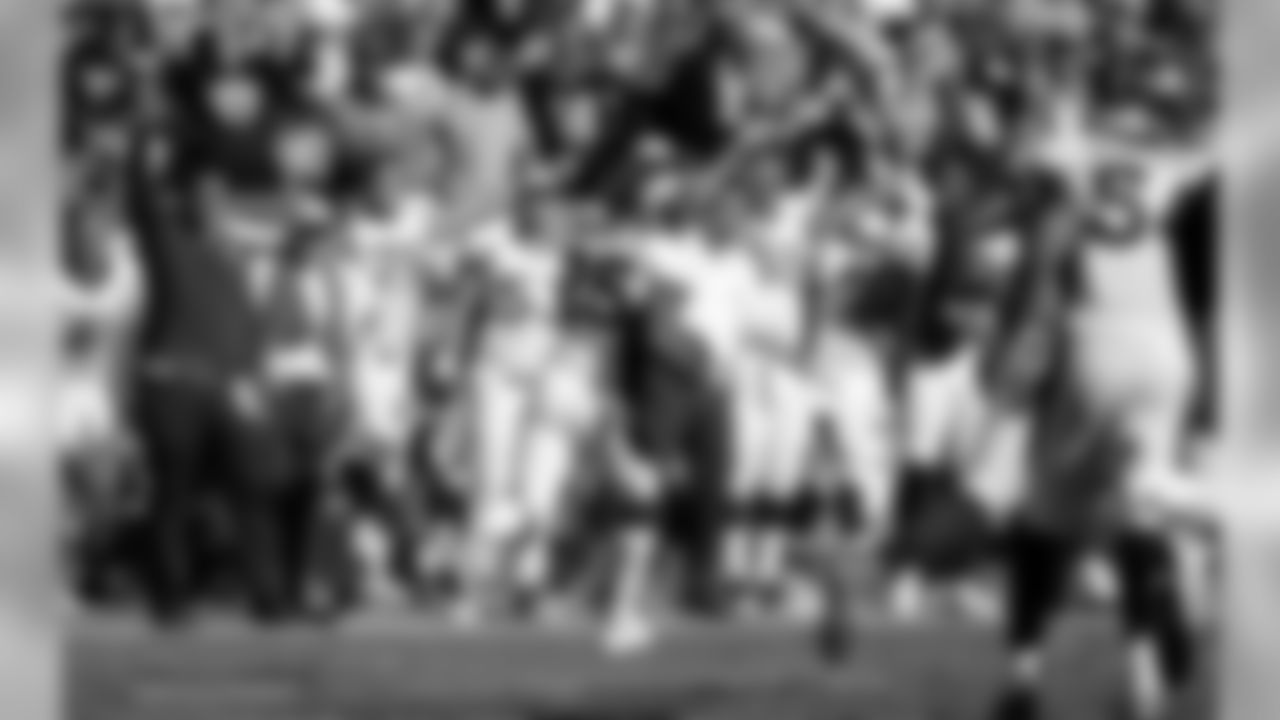

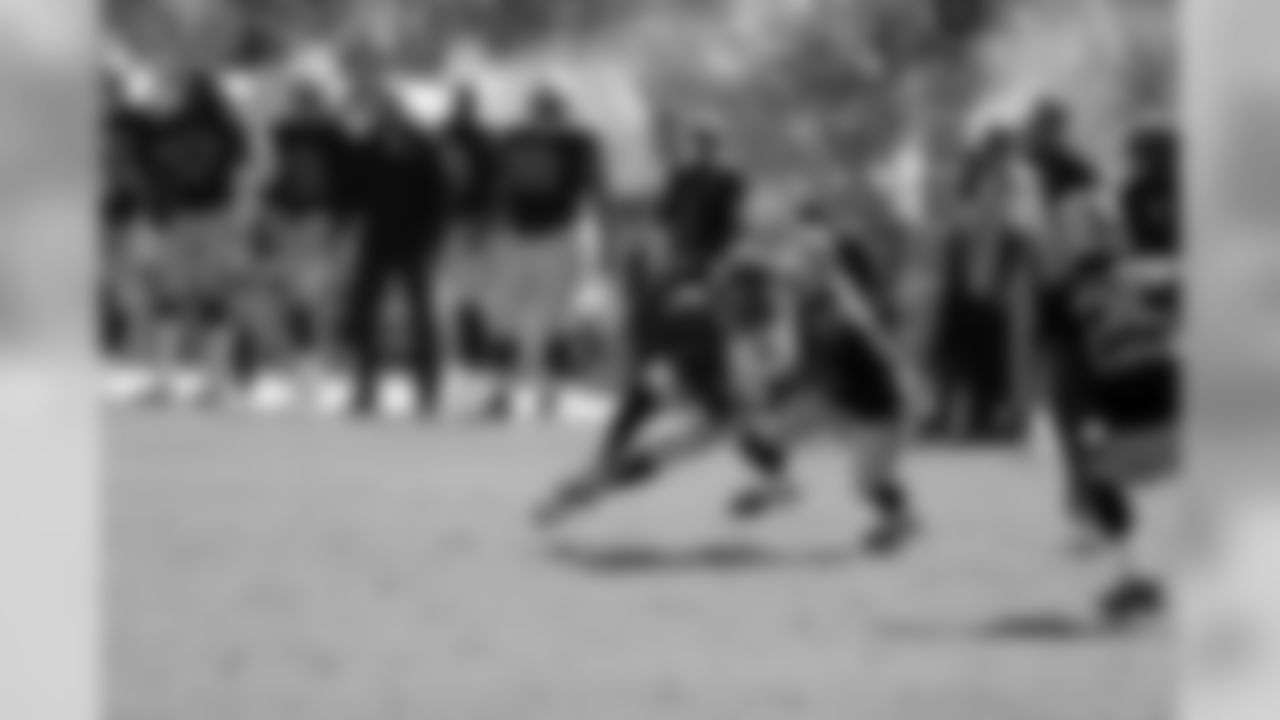

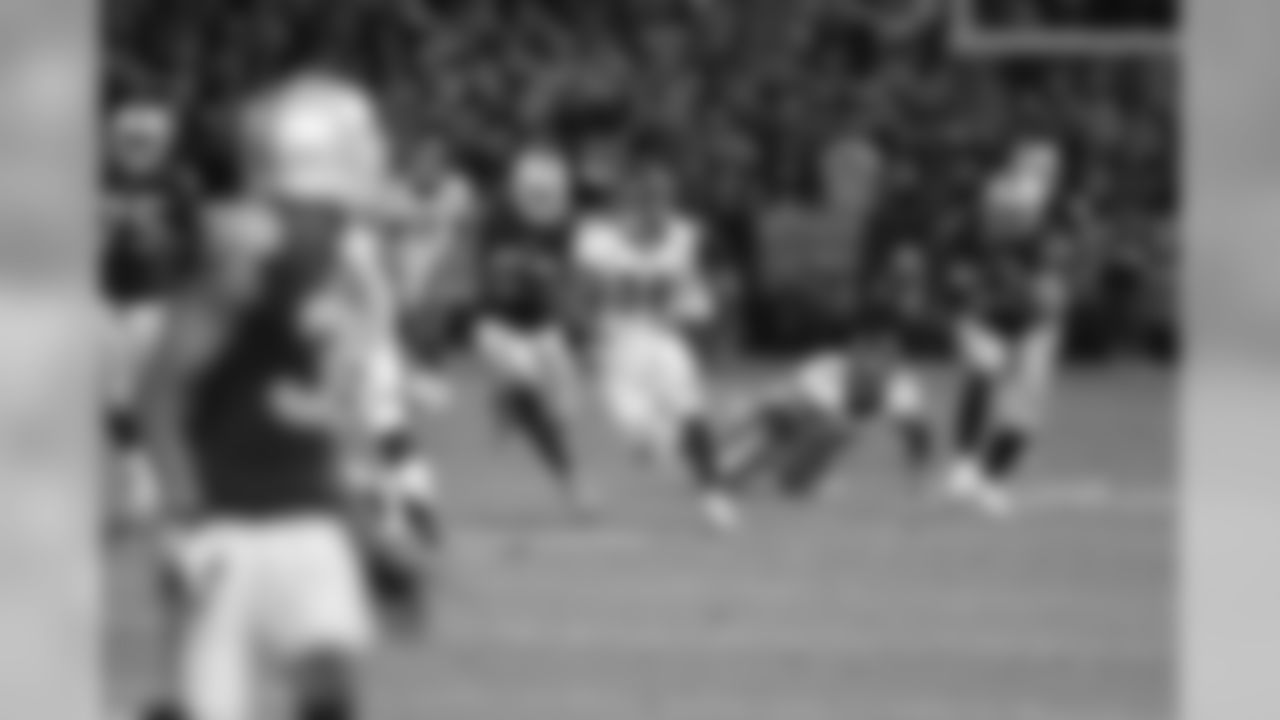
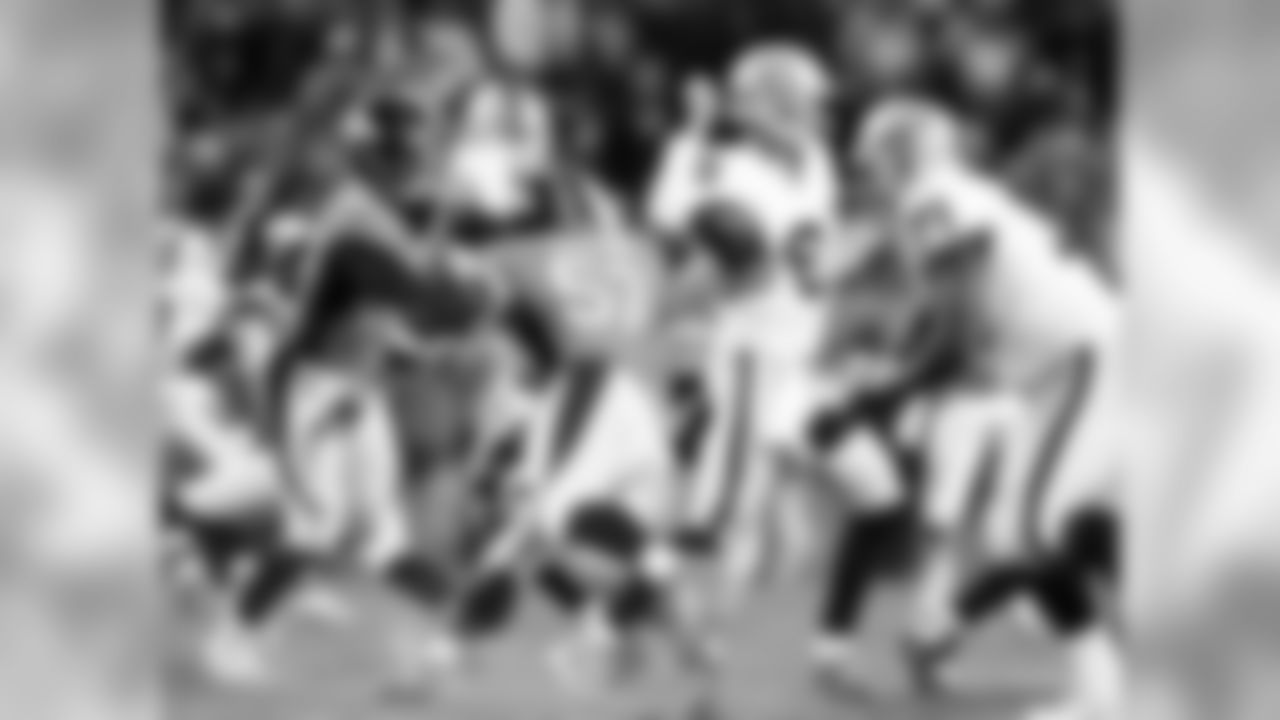
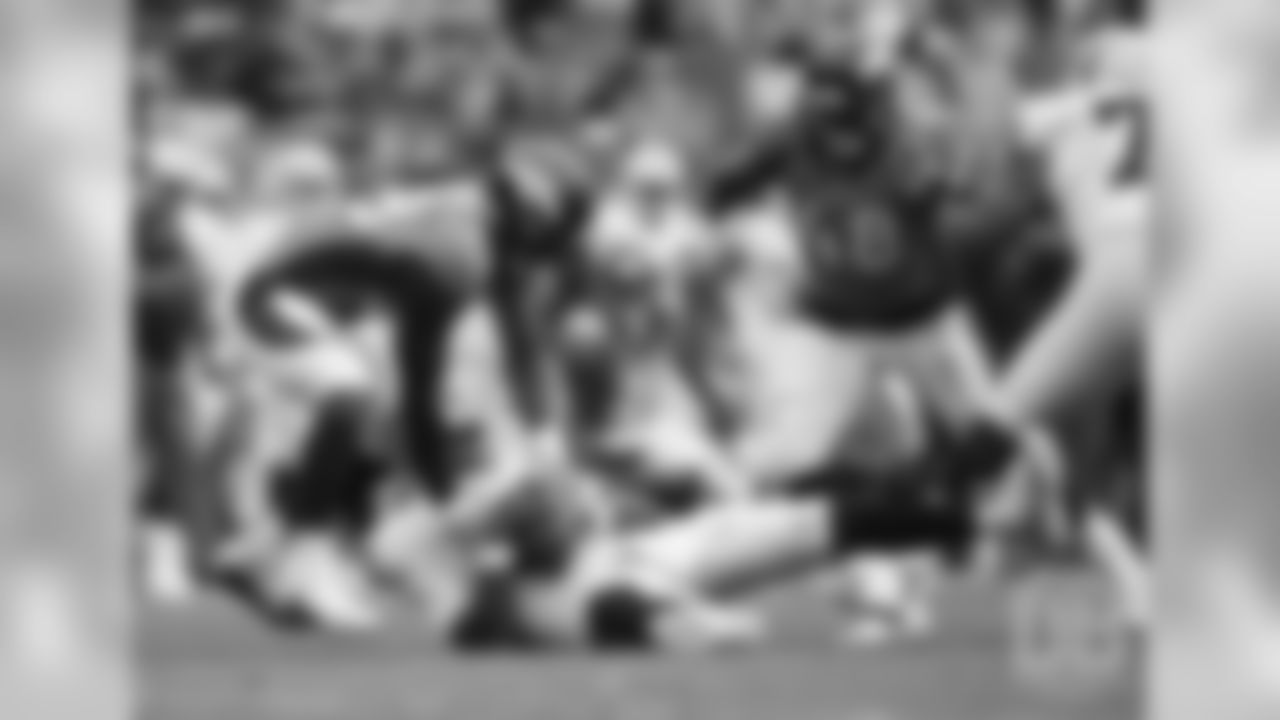
ENGLEWOOD, Colo. -- **This is the first installment of what I am calling the "Legend and Legacy" series, and the significance of the game featured here is the first Monday Night Football Game in Denver Broncos history.
The Broncos have appeared on MNF at least once in each of the last 23 seasons, and that 23-year streak of making at least one annual appearance on Monday night is the longest active streak in the NFL and the second longest of its kind since the first Monday Night Football game was played in 1970.
The Broncos' first appearance was at home against the Oakland Raiders on October 22, 1973, and it was a seminal moment in the history of the Broncos, the city of Denver, state of Colorado and the Rocky Mountain West.
The Broncos and Denver had been ignored by MNF in the first three years of the game, and usually the team was not even included when Howard Cosell did his halftime highlights feature.
At the time, it was always excused with the line that they could not get the film back from Denver to the studios in time for the Broncos game to be included, but in reality, then as now, 41 percent of the nation's population was in the Eastern time zone, and 37 percent in the central. Five-point-four percent of the population lives (and lived then) in the Mountain Time Zone, so you get the idea.
In fact, up until the moment of that MNF game, the most significant live telecast ever from our time zone, in history, had come when President Dwight Eisenhower had suffered a heart attack in Denver, where his wife had family, while vacationing, and new reporters did many reports from Denver.
But there had been no sporting event, no live broadcast of three hours duration, ever, to originate from Denver in the history of television.
The Broncos had never had a winning season prior to 1973.
Denver did not have Major League Baseball and the Denver Nuggets were not yet a decade old as a franchise.
The phrase "dusty old cowtown," as irritating as it might have seemed to locals, fit the bill pretty accurately.
It all changed on October 22, 1973, as the Broncos hosted Oakland in a game that was positively electric.
Team captain Billy Thompson picked up a fumble by wide receiver Mike Siani and returned it 80 yards for a Denver touchdown.
The Broncos were quarterbacked by future Ring of Famer Charley Johnson, a true Renaissance man in the history of pro football and of whom fellow Ring of Famer Haven Moses once commented, "Charley Johnson taught us how to win." Johnson was at the helm of the Broncos and engineered a final drive after Oakland had taken a 23-20 lead with a minute remaining.
Fellow Ring of Famer/Hall of Famer Floyd Little (a theme is emerging here, as great players make great plays in big moments) and fullback Joe Dawkins (back in the days when fullbacks still got lots of carries) each had big runs to put the ball into field goal position, and as time expired, Ring of Famer Jim Turner kicked the field goal to make the final a 23-23 tie.
This was not Turner's first huge moment on the Monday night stage, by the way.
Back in 1970, in the very first Monday Night Football game ever played, the game matched the New York Jets vs. the Cleveland Browns.
MNF had been the brainchild of Cleveland owner Art Modell, and no one was jumping up to be the first team to have its schedule disrupted by playing on Monday, so Modell volunteered his Browns.
And as fate and history would have it, Turner kicked the game-winning field goal as the clock expired in that very first MNF game as well.
The Broncos went on to post their first winning season with a record of 7-5-2, losing the division title to Oakland in the regular season finale.
Who would have known, who could have known, back on October 22, 1973 that the Broncos, playing up in the mountains and wearing those orange jerseys, the Broncos, who had never had a winning season, would become the darlings of Monday Night Football and of the networks in general, and would go to the Super Bowl seven times and win twice?
That Charley Johnson, who was regarded as a fine pro quarterback, would in time be followed by number one draft choice (and Ring of Famer) Craig Morton, and that he was subsequently be followed by two of the absolute greatest quarterbacks in the history of the sport, John Elway and Peyton Manning?
Really, who saw that coming back in 1973?
Back then, the city and the Broncos were like a butterfly emerging from its cocoon. No one could know there would be this much success.
But never again would the Broncos, Denver and the Mountain time zone be forgotten or disregarded in the minds of national sports fans or in the planning of network and NFL executives.
People had seen the spectacular mountain vistas and Rocky Mountain sunsets, and the team and city would venture forward to a place of national prominence, different from but equal to so many other locales in the American landscape.
As I said, that game was a seminal moment in our common history and redefined the future forever.






